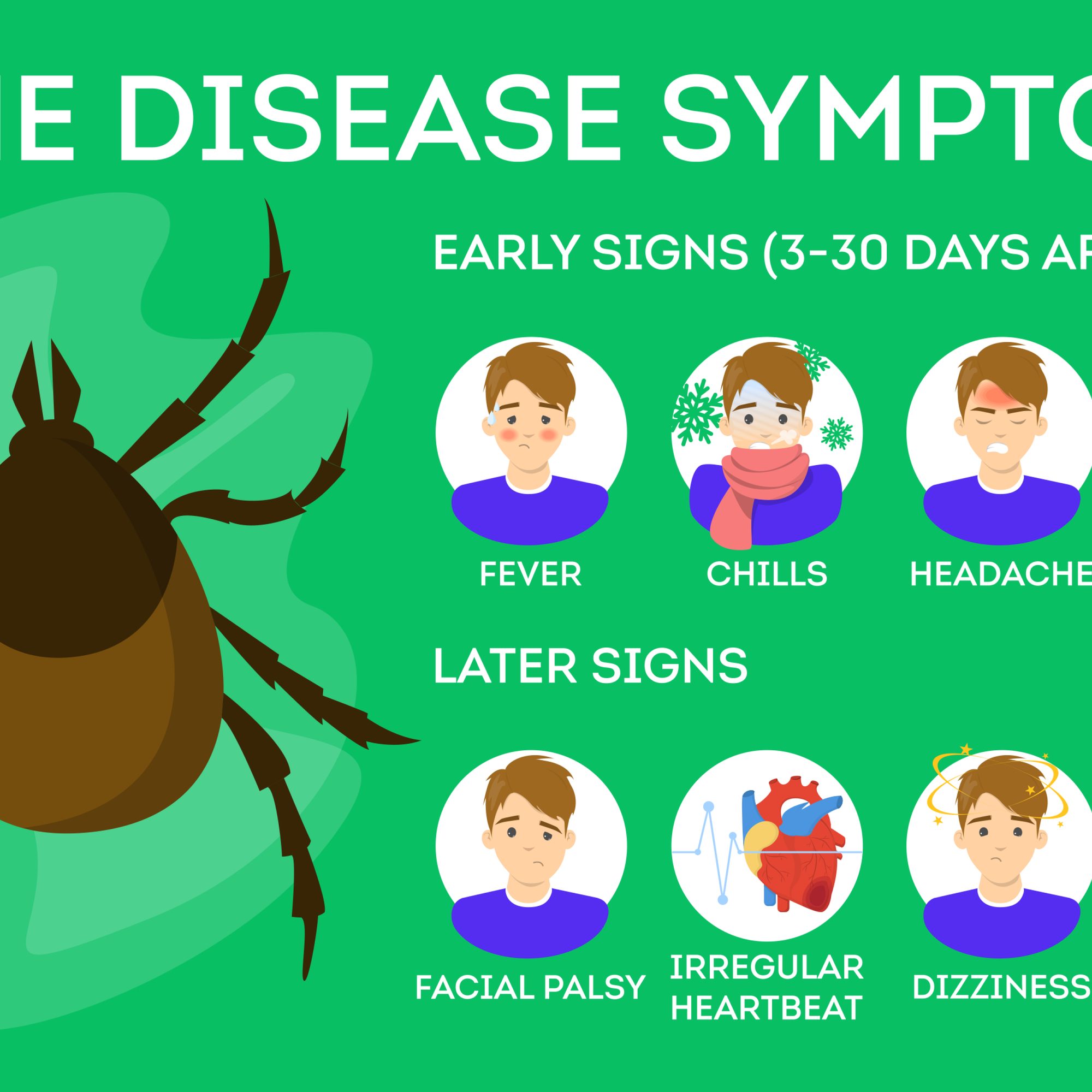Coinfections are a crucial aspect of Lyme disease often overshadowed by the primary diagnosis. Lyme disease, a condition transmitted by tick bites, is challenging enough on its own. However, the presence of coinfections can complicate the diagnosis, treatment, and management of the disease. Understanding these coinfections and the ways to manage them should be part of a comprehensive approach to any patient’s Lyme disease care.
What Is Lyme Disease?
Lyme disease is caused by the bacterium Borrelia burgdorferi and, less commonly, Borrelia mayonii. It is transmitted to humans through the bite of infected black-legged ticks, better known as deer ticks. The early signs of Lyme disease include fever, headache, fatigue, and a skin rash called erythema migrans. If left untreated, the infection can spread to the joints, heart, and nervous system, leading to more severe health issues.
Common Lyme Disease Coinfections
Ticks that transmit Lyme disease can also carry other pathogens, leading to coinfections that can complicate the clinical picture. Some of the most common coinfections include:
- Babesiosis: Caused by microscopic parasites that infect red blood cells. Symptoms resemble those of malaria, including fever, chills, and anemia.
- Anaplasmosis: This bacterial infection can lead to severe symptoms, including high fever, muscle pain, and even life-threatening complications if not treated promptly.
- Ehrlichiosis: Similar to anaplasmosis, ehrlichiosis affects white blood cells and can cause flu-like symptoms, which can become severe without treatment.
- Bartonellosis: Caused by Bartonella bacteria, this infection can result in a range of symptoms, from mild illness to serious cardiovascular and neurological issues.
Functional and Integrative Medicine Treatments for Lyme Disease Coinfections
At Knox Wellness Experience, we enhance traditional medical treatments for Lyme disease coinfections with functional and integrative medicine, focusing on holistic health approaches:
- Nutritional Support and Supplementation: Optimizing nutritional status with supplements like omega-3 fatty acids, curcumin, and vitamin D, alongside a diet rich in whole foods, to support immune function and reduce inflammation.
- Stress Management Techniques: Adopting a plan to manage the stress associated with chronic illness, helping to reduce inflammation and improve overall well-being.
- Detoxification Support: Implementing detox strategies plus supplements to enhance liver and kidney function, aiding the body’s natural detox processes.
This integrated approach not only aims to alleviate symptoms and combat infections but also promotes long-term wellness, enabling patients to manage their health more effectively.
Make an Appointment
Lyme disease and its coinfections represent a complex health challenge that requires careful, knowledgeable management. At Knox Wellness Experience, we understand the intricacies of these conditions and are here to support our patients through diagnosis, treatment, and recovery. By adopting a holistic and personalized approach to care, we aim to not only treat the infections but also to empower our patients to reclaim their health and wellness. To make an appointment with our experts, please call (865) 801-9501 today.












